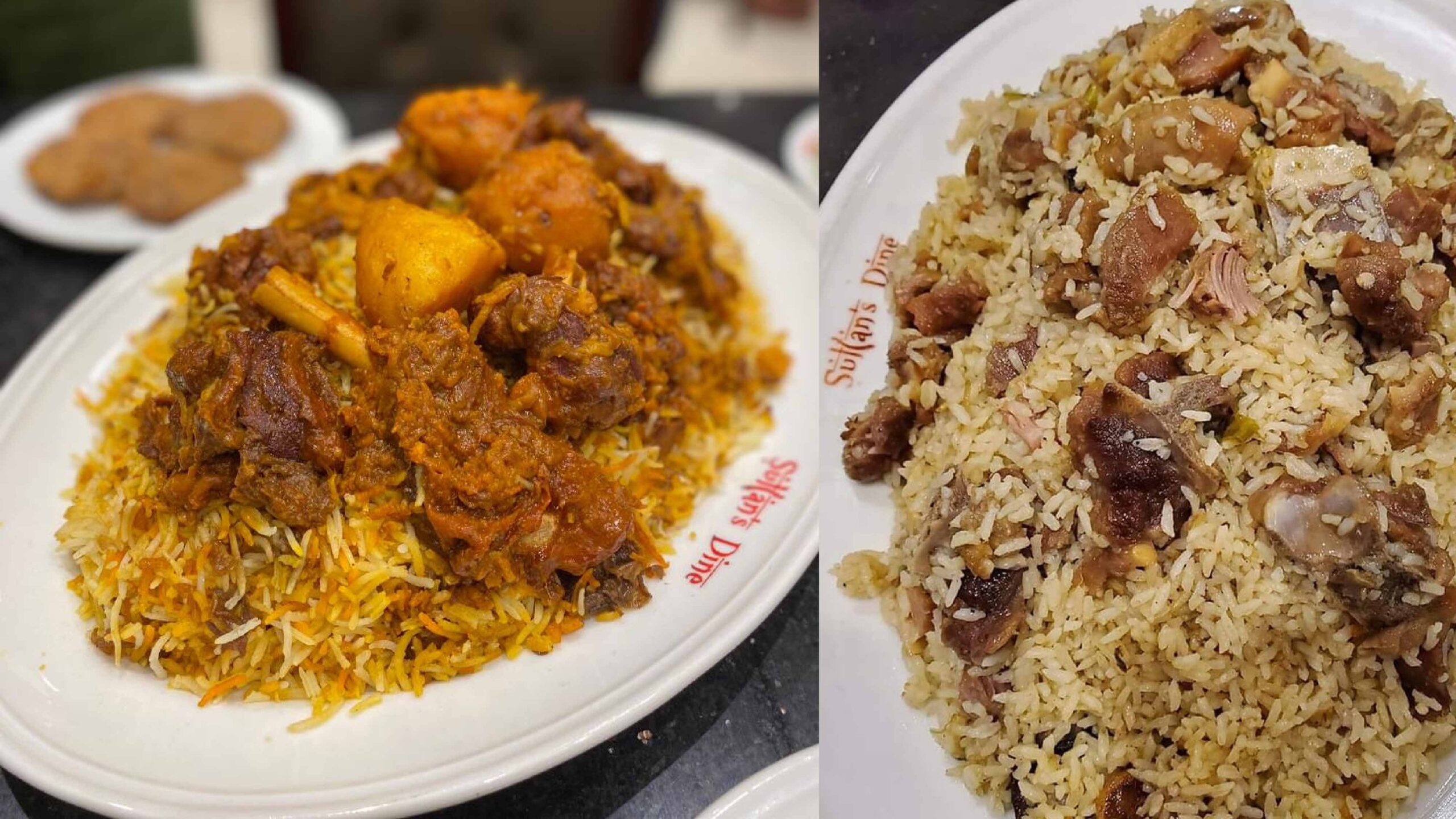As a restaurant owner or manager, ensuring food safety should be your top priority. Not only does it protect your customers’ health, but it also safeguards your business and brand reputation. One critical aspect of food safety is traceability, which requires keeping accurate records of your raw materials and daily operations. Here are some essential practices that restaurants in Bangladesh should adopt to maintain food safety.
Maintain a register for daily raw materials intake:
Keeping track of the daily raw materials intake is crucial for ensuring traceability. This register should include the name of the supplier, date of delivery, batch number, quantity, and any other relevant information. In case of any problem with the quality or safety of the food, this register will help you identify the source and take corrective actions promptly.
Perform daily stock level checks:
Keeping track of your stock levels is critical to avoid any shortages or overstocking. This check should include the materials by vendors’ details, amount, and intake dates. By performing daily checks, you can ensure that your inventory is up-to-date and that you are not running out of any critical ingredients.
Monitor storage temperatures:
Storing food at the correct temperature is crucial to prevent bacterial growth and contamination. You should maintain chilled and frozen temperature records and check them at least twice a day. These records should indicate the temperature, date, and time of the check. You should also keep records of any corrective actions taken in case of any deviations from the required temperature range.
Implement stock rotation checks:
To avoid any food waste and ensure food safety, you should maintain the First In, First Out (FIFO) principle. This means using the oldest stock first to prevent any expiry or spoilage of the materials. You should perform weekly checks to ensure that you are following the FIFO principle and keep records of these checks.
Record daily unsold final and semi-final products:
Keeping track of your unsold final and semi-final products can help you identify any patterns or issues with your menu offerings. This record should include the name of the dish, the date and time it was made, and the quantity produced. By monitoring these records, you can adjust your production accordingly to minimize waste and maintain quality.
Maintain daily stock cards for semi-processed products:
If you prepare some of your dishes partially in advance, you should keep daily stock cards for these semi-processed products. These records should include the name of the dish, the ingredients used, the date and time of preparation, and the quantity produced. This will help you plan your production better and ensure that you are using up these semi-processed products before they expire.
By adopting these essential practices, restaurants in Bangladesh can maintain food safety and ensure traceability. These records not only help you identify any problems but also demonstrate your commitment to food safety to your customers and regulatory authorities. Remember, food safety is everyone’s responsibility, and it should be a top priority in your restaurant.
Ensuring your safety and maintaining proper records is essential in protecting your business from potential allegations. Transparency in your due diligence system becomes especially useful in safeguarding your business from negative publicity. As the saying goes, ‘a negative impression takes a generation to turn positive.’ Therefore, it is crucial to maintain a transparent and well-documented system to protect your business’s reputation and success in the long run.






